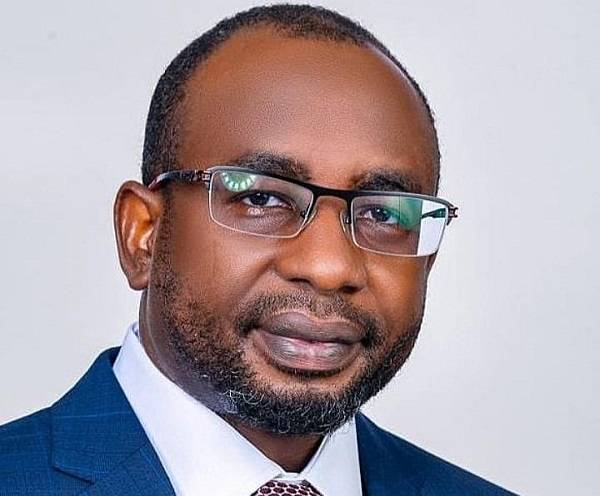
Director-general of the National Information Technology Development Agency (NITDA), Mallam Kashifu Abdullahi has emphasised that embracing digital solutions is crucial for improving governance and public service delivery in Nigeria.
Speaking at the Nigeria GovTech Conference and Awards, organised by the Bureau of Public Service Reforms (BPSR), Abdullahi highlighted the transformative power of technology in driving transparency, accountability and citizen engagement.
Held in Abuja, the conference themed “Digital Innovations as a Catalyst for the Renewed Hope Agenda,” aligning with the Federal Government’s vision of a modern digital economy. Abdullahi stressed that, by digitising government services, Nigeria can streamline processes, improve efficiency and enhance service delivery, ultimately driving economic growth. “This vision aligns with the Federal Government’s goal of creating a digital economy that benefits all Nigerians,” Abdullahi said.
He emphasised the importance of a comprehensive agenda focused on human capital development, digital literacy and skills training, especially in both formal and informal sectors. Abdullahi noted that digital transformation is vital for fostering strong institutions and improving citizens’ lives through better governance. “To achieve this, we must prioritise human capital development, which is our greatest resource,” he added.
Abdullahi explained that NITDA’s Strategic Roadmap and Action Plan (SRAP) 2.0 for 2024-2027 is structured around eight key pillars. These include fostering digital literacy, cultivating tech talent, building a robust research ecosystem and promoting inclusive access to digital infrastructure. He also highlighted the importance of strengthening policy implementation and enhancing cybersecurity, all aimed at positioning Nigeria as a global leader in digital governance.
One of the key pillars, Abdullahi noted, is fostering digital literacy. NITDA aims to increase Nigeria’s digital literacy rate to 70 per cent by 2027 and 95 per cent by 2030. The agency is collaborating with the Ministry of Education to integrate digital literacy into the national curriculum, ensuring that young Nigerians acquire the necessary skills to succeed in the digital economy.
Additionally, NITDA has launched initiatives targeting informal sectors, including market women and artisans, to provide them with essential digital skills. Inuwa emphasised that NITDA’s collaboration with the National Youth Service Corps (NYSC) under the “Digital Literacy for All” initiative, currently active in 12 states, aims to train 30 million Nigerians in digital skills.
In his welcome address, the director-general of the Bureau of Public Service Reforms (BPSR), Dasuki Arabi echoed Abdullahi’s sentiments, stressing that digital transformation is critical for enhancing public service delivery and promoting inclusive governance. He stated that adopting e-governance reforms would position Nigeria as a leader in digital governance, fostering transparency and accountability.
Both Abdullahi and Arabi concluded that with the right technology and innovation, Nigeria can not only fulfil the mandates of the ‘Renewed Hope’ agenda but also create a more prosperous and inclusive society for all Nigerians.


